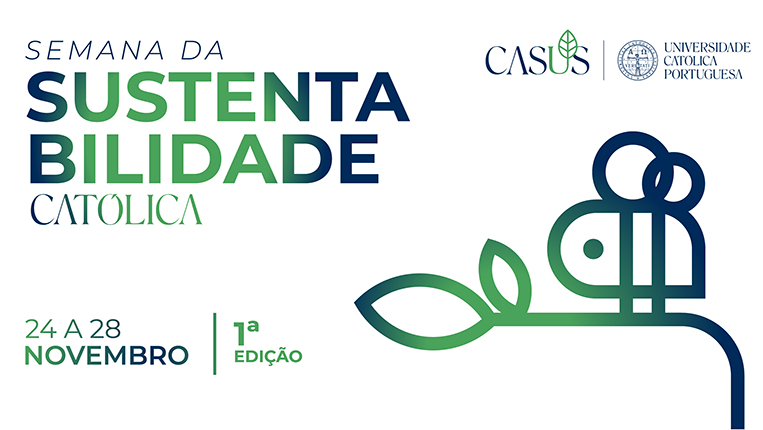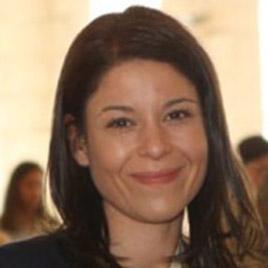Objectives and competences
Pedagogical objectives:
- To present concepts related with nutrition and dietetics, including dietary patterns and determinants of food choice;
- To promote knowledge on the composition and role of the different nutrients and different food groups on health promotion and well-being as well as disease risk prevention;
- To present concepts, characteristics, development strategies and validation of each functional food category.
The student must be capable:
- to explore food choice determinants and assess their implications on health and well-being of the individual and/or the population;
- to identify the role of each nutrient on human health, with emphasis on bioavailability;
- to recognise the role of nutrients in food enabling the corresponding grouping, to be able to predict possible interactions between foods and possible consequences for nutritional value;
- to identify advantages and disadvantages of new foods in comparison to traditional counterparts.
Teaching Methodologies
In lectures, a space is created for the student to participate in a dynamic and interactive way to clarify issues or debate the issues at stake. In practical classes, specific case-studies/ complementary themes to theoretical concepts are given for discussion and/or critical analysis. Students are encouraged to do Internet searches in databases as support for the completion of the proposed work.
Syllabus
Theoretical sessions:
- Concepts of nutrition and dietetics:
- Definitions.
- History of Food.
- Factors of food choice.
- Food situation in Portugal.
- Food and Nutrients:
- Macro / micronutrients.
- b. Essential / non-essential nutrients.
- c. Role of non-nutrients. Properties and interactions.
- d. Practical considerations inherent to the recommended intakes.
- Food Wheel: Importance, structure and food portions;
- Food groups - nutritional composition:
- Food composition tables and their application.
- Physical, physico-chemical and nutritional properties of the different food groups; Chemical modification during processing.
- New foods:
- Functional Foods: definitions, objectives: effects on health; development and validation; several case studies.
- Enriched and standardized food;
- Genetically Modified Organisms;
- Organic Production
Practical sessions:
- Determinants of food choice
- Nutrients and their function: Vitamins
- Nutrients and their function: Minerals
- Nutritional requirements and their establishment
- Food Wheel: food education program
- Functional foods: case studies





